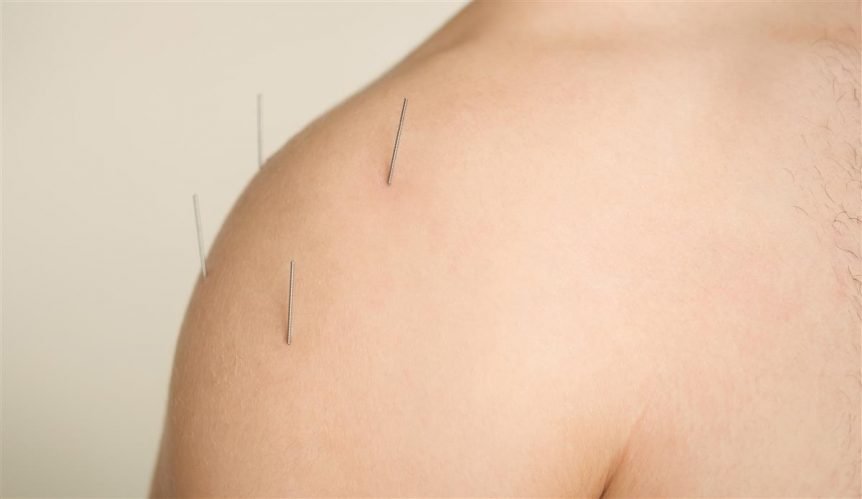Is acupuncture safe?
Acupuncture is very safe when performed by qualified, professional practitioners trained by Acupuncture Canada using recognized standards of clean needle technique and sterile needles.
What are the risks of acupuncture treatment?
Admittedly, all treatments have risks as well as benefits. The most common side effects of acupuncture include soreness, bleeding, or bruising at the site of needle insertion.
Other possible risks of acupuncture include internal organ injury, increased pain, nerve damage, dermatitis, hepatitis B, convulsions, internal bleeding, fainting, and dizziness.
The best way to avoid any complication is to go for qualified, professional practitioners trained by Acupuncture Canada. Communication between the patient and the acupuncturist is also very crucial to prevent risks.
Is acupuncture during pregnancy safe?
A 2014 study that looked at research on acupuncture during pregnancy in nine countries, including Canada, reported low rates of negative side effects (1.3%).
The only side effects observed in practicing acupuncture during pregnancy are those observed on patients who are not pregnant: pain at the needle site, bruising, minor bleeding, aggravation symptoms, and fatigue.
During pregnancy, Acupuncture has been used to remedy back and pelvic pain as well as nausea. If you decide to get Acupuncture, you will want to look for a licensed acupuncturist in Canada who has a lot of training and experience with pregnant women.
What is a registered acupuncturist?
In Canada, health practitioners are required to go through a certain amount of training before they are permitted to perform acupuncture in British Columbia and most other Canadian provinces (but not all). The regulatory body in Canada that set the training standards for acupuncture is Acupuncture Canada. Becoming a Registered Acupuncturist (R. Ac.) requires the completion of a 3 year program.
Not all provinces have set standards. For those Canadian provinces that have set standards, accepted standards include the Certification from Acupuncture Foundation of Canada Institute (CAFCI) or the Acupuncture Canada Certification (ACC) designation. In provinces lacking regulation, it’s the consumers’ responsibility to do their due diligence regarding the practitioners’ level of training.
To check verify that a practitioner is registered, you can do a search here: https://portal.ctcma.bc.ca/public
Is it safe to receive acupuncture treatments from a practitioner that is not a registered acupuncturist?
In Canada, only acupuncturists qualified and recognized by Acupuncture Canada can perform this form of alternative medicine. Always look for the CAFCI or ACC designation when choosing a practitioner.
Is Acupuncture Safe for Treating a Wide Range of Symptoms and Issues?
Yes, many people have found relief from treatable symptoms with acupuncture. From chronic pain to anxiety and digestive issues, acupuncture has been shown to be a safe and effective treatment option for a wide range of health concerns. With proper training and hygiene practices, acupuncture is generally considered a safe alternative therapy.

